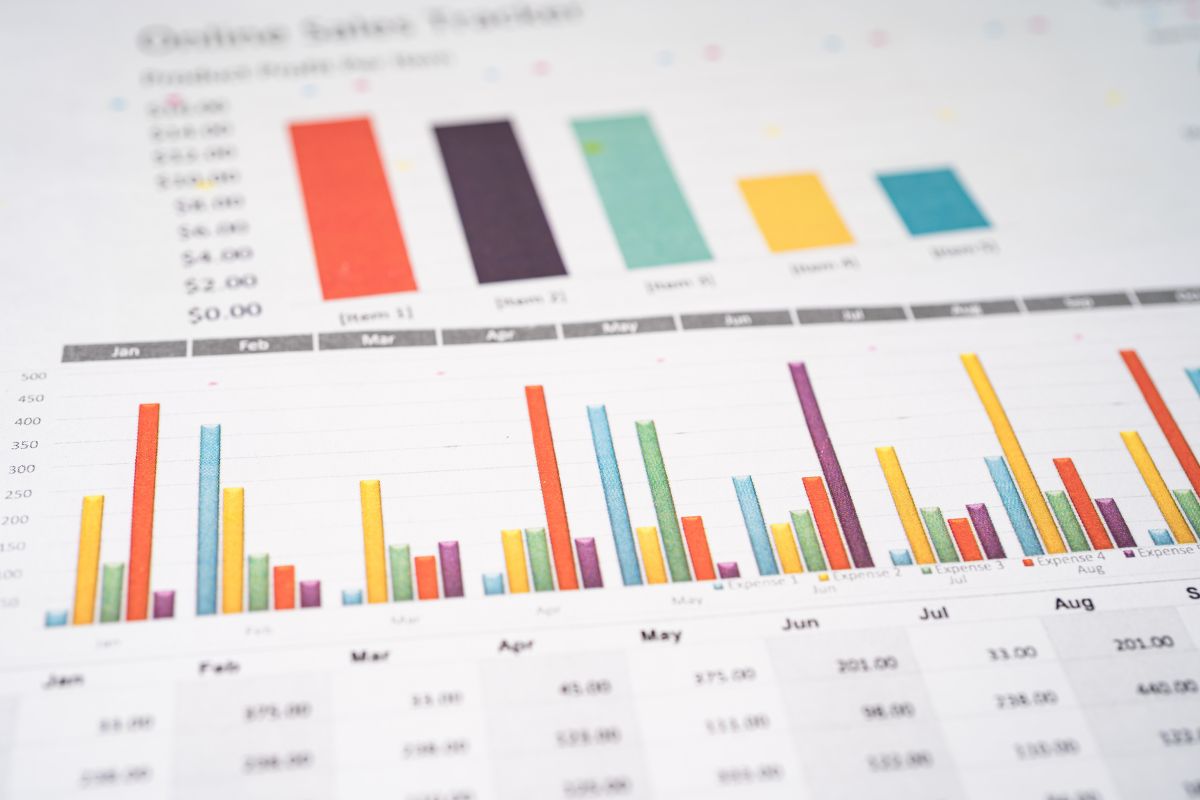
The Digital Data Revolution: Understanding Web Scraping‘s Critical Role
In our hyperconnected digital landscape, information has become the most valuable currency. Every second, millions of websites generate petabytes of data, creating an unprecedented opportunity for organizations willing to harness this digital treasure trove. Web scraping emerges as the sophisticated technological bridge transforming raw online content into strategic intelligence.
The Evolutionary Journey of Data Extraction
Web scraping didn‘t emerge overnight. Its roots trace back to the early internet era when researchers and technologists recognized the immense potential of automated data collection. What began as rudimentary screen-scraping techniques has metamorphosed into a complex, intelligent ecosystem of data extraction methodologies.
Decoding Web Scraping: A Comprehensive Technical Exploration
Web scraping represents a nuanced technological process where specialized algorithms navigate websites, extract relevant information, and transform unstructured data into meaningful insights. Unlike manual data collection, this approach leverages computational power to:
- Parse complex HTML structures
- Navigate dynamic web environments
- Extract and standardize information
- Transform raw data into actionable formats
The Technological Anatomy of Modern Web Scraping
Contemporary web scraping solutions integrate multiple technological domains. Imagine a sophisticated digital explorer navigating the intricate web landscape, equipped with intelligent parsing mechanisms, network interaction protocols, and adaptive extraction strategies.
Computational Framework
Modern web scraping architectures typically incorporate:
- Advanced parsing engines
- Distributed computing resources
- Machine learning pattern recognition
- Intelligent request management systems
Economic and Strategic Implications
The economic significance of web scraping extends far beyond simple data collection. Organizations leverage these techniques to:
- Conduct comprehensive competitive intelligence
- Monitor market trends in real-time
- Make data-driven strategic decisions
- Optimize operational efficiency
Market Valuation and Growth Trajectory
Recent market research indicates the global web scraping market is projected to reach [$4.8 billion] by 2025, with a compound annual growth rate exceeding 20%. This explosive growth underscores the critical role of automated data extraction in modern business strategies.
Industry-Specific Applications: Beyond Generic Data Collection
E-Commerce: Competitive Intelligence Redefined
In the hyper-competitive e-commerce landscape, web scraping enables retailers to:
- Track competitor pricing strategies
- Analyze product positioning
- Understand consumer sentiment
- Optimize inventory management
Financial Services: Risk Assessment and Market Insights
Investment firms and financial institutions utilize web scraping to:
- Monitor market sentiment
- Track emerging economic trends
- Assess company performance
- Generate predictive financial models
Healthcare: Research and Public Health Monitoring
Medical researchers leverage web scraping to:
- Aggregate clinical research data
- Track disease progression
- Monitor global health trends
- Accelerate scientific discovery
Technical Challenges and Sophisticated Mitigation Strategies
Web scraping isn‘t without complexities. Modern websites deploy advanced anti-scraping technologies, creating a continuous technological arms race between data extractors and website defenders.
Overcoming Extraction Obstacles
Successful web scraping requires:
- Intelligent request randomization
- Dynamic IP rotation
- Advanced user-agent simulation
- Adaptive parsing algorithms
Ethical Considerations: Navigating the Moral Landscape
As web scraping technologies advance, ethical considerations become paramount. Responsible practitioners must:
- Respect website terms of service
- Obtain necessary permissions
- Protect individual privacy
- Maintain transparent data usage practices
Future Technological Trajectories
The future of web scraping lies at the intersection of artificial intelligence, machine learning, and distributed computing. Emerging trends suggest:
- AI-powered extraction algorithms
- Semantic understanding capabilities
- Blockchain-verified data authenticity
- Real-time global information networks
Practical Implementation: A Strategic Roadmap
For organizations seeking to implement web scraping strategies, consider:
- Selecting appropriate technological frameworks
- Investing in skilled technical talent
- Developing robust ethical guidelines
- Continuously updating extraction methodologies
Conclusion: Embracing the Data Extraction Revolution
Web scraping transcends mere technological process—it represents a strategic approach to understanding our increasingly digital world. As information becomes the primary driver of competitive advantage, mastering web data extraction techniques will distinguish innovative organizations.
Key Insights
- Web scraping is a sophisticated data collection methodology
- Requires continuous technological adaptation
- Offers substantial strategic advantages
- Demands ethical and technical expertise
Your Next Steps
Embrace web scraping as more than a technical tool—view it as a strategic imperative. Invest in understanding, training, and implementing responsible data extraction practices.
The digital information landscape awaits your exploration.










